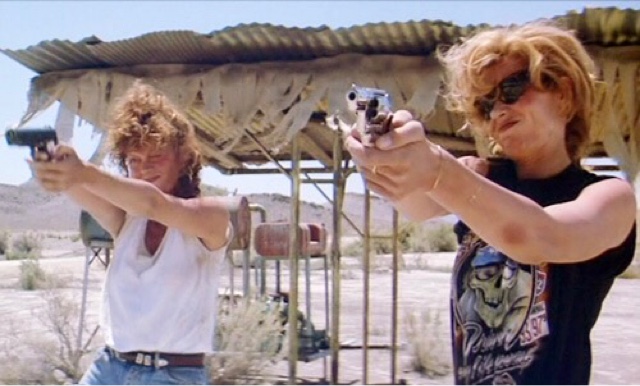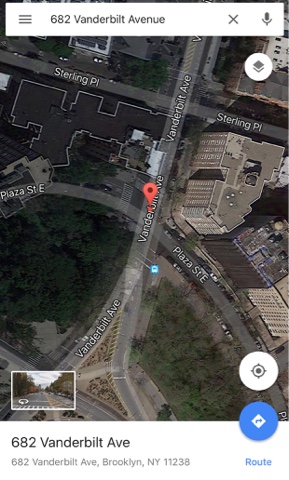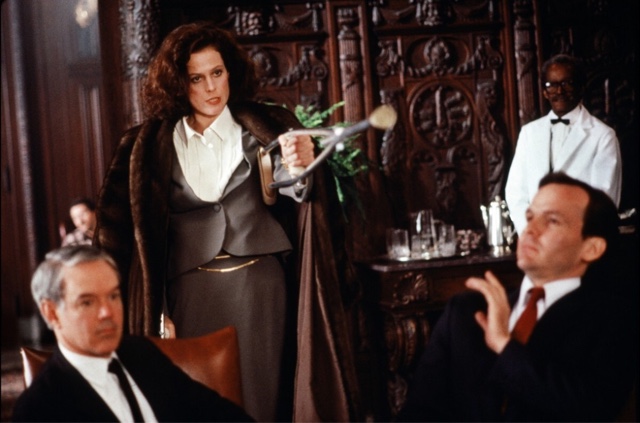her own person

There are more notes scribbled from yesterday's viewing of her . Like this line from the movie, in blue: Wha'ts it like to be alive in that room right now? And this below it in pink: Isn't this the longing of any relationship, at any distance? And, I think I'm going to ignore the rest of the scribbles because I'm in that moment as this month nears its end. Appropriately, I just finished watching the third season of 12 Monkeys . Time travel show, in case you don't know. Based on the film . Had a great line--one of the episodes of the show did--about women and what they mean: "The history I've seen is one of great women sung badly by clumsy men." Because, yeah, so much of history is told by men, smudging the details to make the men they want to be important seem more important than they actually are, or were. I mean, sure, we look at the present as having advanced the place of women, like suddenly they're more important. What we don't ...
















